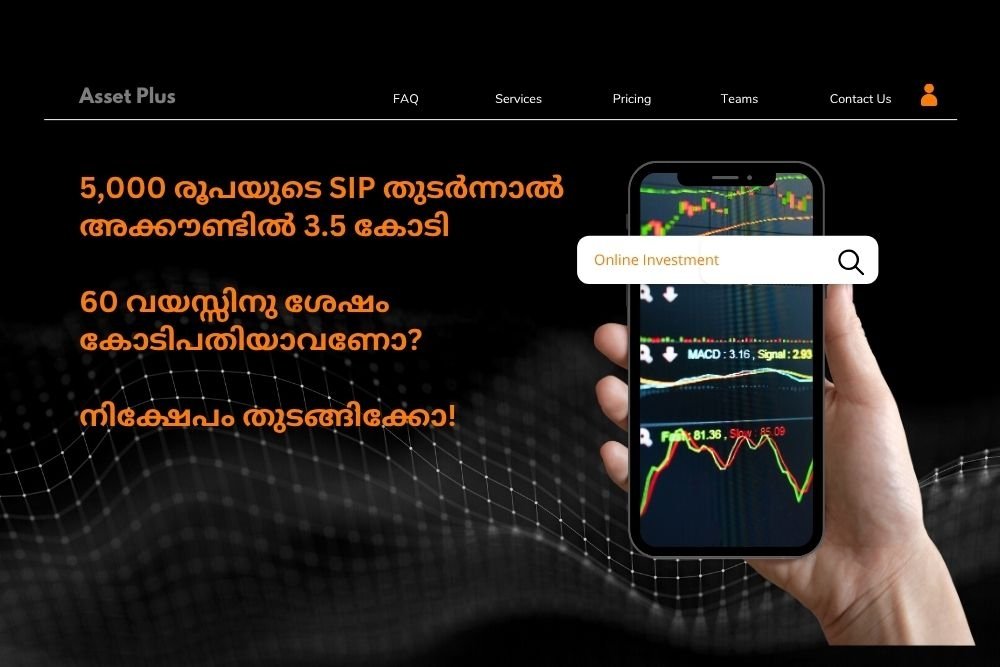What Are International Funds?

International funds are
mutual funds that invest in companies outside the investor’s home country.
These funds give you access to global economies and help you diversify your
investments beyond domestic markets. By putting money into international funds,
people can explore a wider range of investment options and possibly reduce the
risks that come with the changing economy of their home country. Additionally,
these funds can offer exposure to foreign currencies, which can be beneficial
if the investor’s home currency is depreciating.
International Funds India Meaning:
In the Indian context,
international funds refers to mutual funds that primarily invest in equities
and debt instruments of companies and governments located outside of India.
With these funds, Indian investors can invest in markets all over the world,
not just in Indian stocks and bonds. Investing in international funds can
help mitigate risks associated with the domestic economy and capitalize on
growth opportunities in other countries.
Visit Our Youtube Channel For More Videos.Click here for that.
Types Of International Funds:
International funds,
designed to offer investors a gateway to global markets, come in various
flavors, each catering to specific investment objectives and risk appetites.
Here’s a deeper dive into the diverse types of international funds:
Global Funds:These funds truly embrace the ‘global’ tag. They invest in equities and debt instruments from across the world, including the investor’s own country. This wide net ensures a balanced exposure, capturing the growth of both emerging and developed markets. For an Indian investor, this means the fund could have holdings in Indian companies as well as giants like Apple or Samsung.
Regional Funds: As the name suggests, these funds focus on a specific geographic region. For example, an Asian fund would only put money into companies in Asian countries, not in the investor’s home country. This lets investors take advantage of things like the tech boom in Southeast Asia or the growth of the industrial sector in Europe.
Country Funds:These are laser-focused funds that invest exclusively in a single foreign country. An investor bullish on the Chinese tech sector or the Brazilian manufacturing industry might opt for a China or Brazil country fund, respectively. Due to concentrated exposure, the rewards can be big, but the risks are also high because the fund’s performance is tied to the health of the economy of just one country.
Sector Specific Funds:These funds work across borders but only in certain areas. Whether it’s technology, healthcare, or renewable energy, sector-specific international funds invest in leading companies of a particular sector, irrespective of their geographic location. This allows investors to tap into global sectoral trends, like the electric vehicle revolution or advancements in biotechnology.
International Mutual Funds Taxation
The taxation on
international mutual funds in India is treated similarly to debt funds. If the
holding period is less than 3 years, the gains are considered as short-term and
are taxed as per the investor’s income tax slab. For a holding period of more
than 3 years, the gains are termed as long-term and are taxed at 20% with
indexation benefits.
Click here to get demat account for free.
How To Invest In International Mutual Funds:
Investing in
international mutual funds gives investors a chance to diversify their
portfolio beyond domestic markets and tap into the growth potential of foreign
economies. Here is a step-by-step guide to help Indian investors figure out how
to invest in international mutual funds:
Research And Identify the Right Fund:Begin by understanding your investment goals and risk tolerance. Are you looking for diversification, or are you bullish about a specific region or sector? Various financial platforms and websites provide detailed analyses, ratings, and reviews of international mutual funds available to Indian investors.
Choose the Investment Mode:Investors can opt for a lump sum investment or a Systematic Investment Plan (SIP). While a lump sum involves investing a significant amount at once, a SIP allows you to invest a fixed sum at regular intervals, making it more manageable and harnessing the power of rupee cost averaging.
Open an Investment Account: If you’re a first-time investor, you’ll need to open an account with a mutual fund house or through an investment platform. Ensure that the platform or fund house offers the international fund you’re interested in.
Complete KYC Formalities: Before investing, you’ll need to complete your Know Your Customer (KYC) formalities. This involves submitting identity and address proofs, a PAN card, and a photograph. Many platforms offer e-KYC, making the process seamless and online.
Invest Online Or Offline:With your KYC in place and account set up, you can choose to invest online through the fund house’s website, a mutual fund app, or an online invdestment platform. Alternatively, you can fill out physical forms and submit them to the mutual fund’s office or collection centers.
Monitor Your Investment:Once invested, it’s essential to keep an eye on your portfolio. Different things like currency changes, geopolitical events, and regional economic trends can make international markets act differently than domestic ones.
Redemption:When you decide to exit your investment or if you need funds, you can submit a redemption request. The amount, after accounting for any taxes or exit loads, will be credited to your bank account.



.jpg)

.jpg)
.jpg )

 (1000 x 667 px).jpg )
.jpg )

 (1600 x 1600 px).jpg)

 (1600 x 1600 px).jpg)
 (1600 x 1600 px).jpg)
 (1600 x 1600 px).jpg)

Comment Form